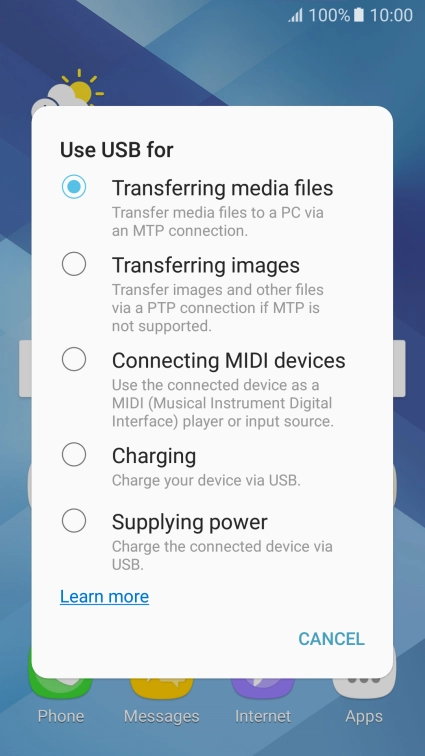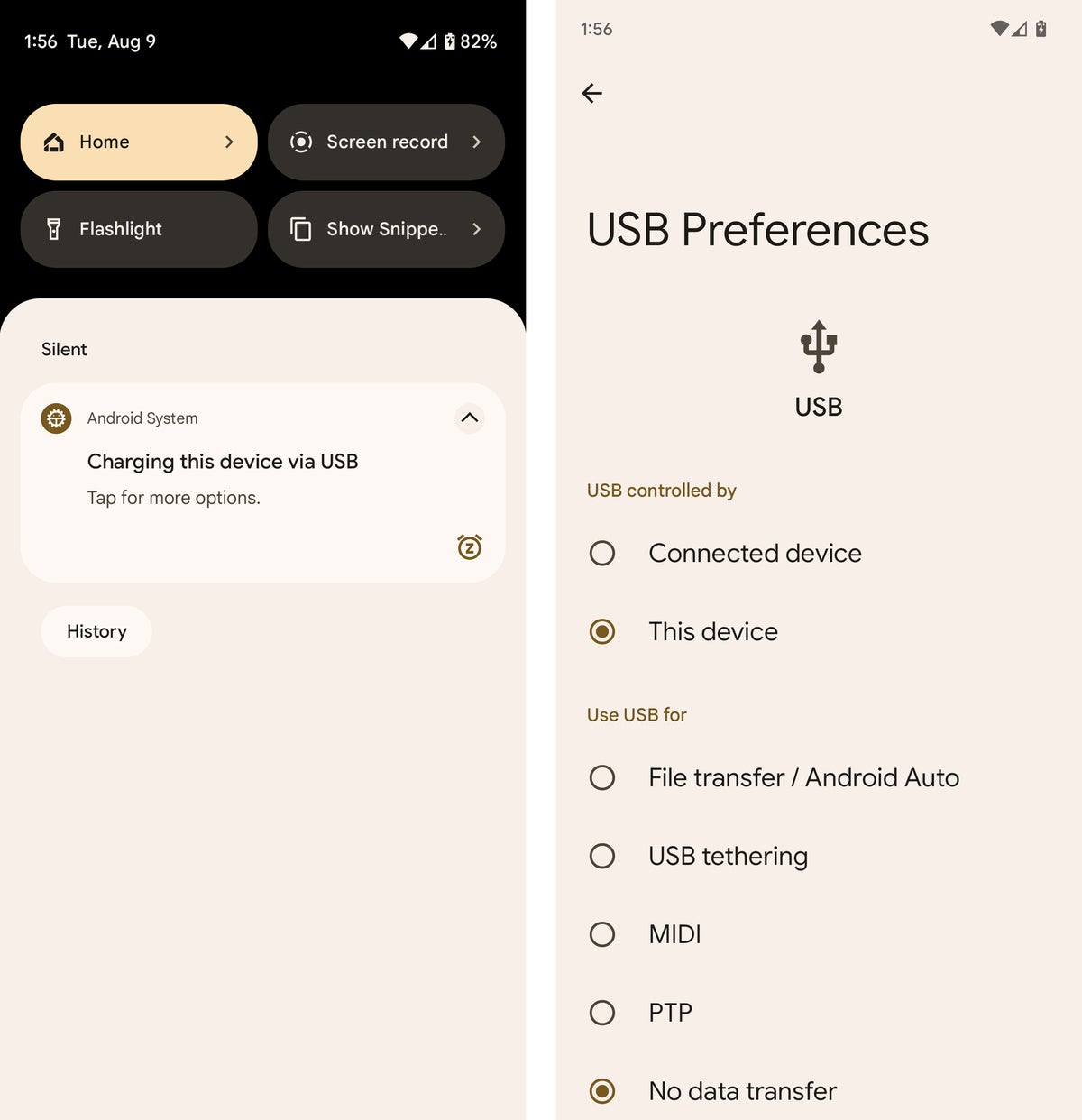Transferring media files is easy and convenient using a USB cable. Connect your device to your computer, select the "File Transfer" option, and you can quickly and securely transfer your files.
In today's digital age, the ability to transfer media files seamlessly between devices is essential. Whether it's transferring videos from your phone to your computer or sending images to your phone, having a reliable and efficient method is crucial. Luckily, with the use of a USB cable, you can easily transfer media files with just a few simple steps.
This method allows you to transfer your files safely and quickly, without relying on internet connections or complex software. We will explore how to transfer media files using a USB cable and provide some helpful tips along the way. So, let's get started and make transferring media files a breeze.
Methods Of Transferring Media Files
Transfer media files easily between devices using various methods such as USB cable connection, wireless apps like WiFi File Transfer and Xender, cloud storage services like Google Drive, and software for faster data transfer. No matter how you choose to transfer, you can effortlessly move your videos, images, and more from one device to another.
| Methods of Transferring Media Files |
|---|
|
| Transfer Files from Android Phone to PC |
|---|
|
| Transfer Files from Mobile to Laptop |
|---|
|
| Transfer Files from Phone to PC Wirelessly |
|---|
|

Credit: deviceguides.vodafone.co.uk
Media Transfer Apps
Looking to transfer media files? Discover the best media transfer apps for seamlessly transferring videos, images, and more between devices. From wireless file transfers to USB cable connections, these apps make transferring media files a breeze. Say goodbye to the hassle of transferring files and start transferring with ease using these handy apps.
| How do I transfer media files? |
| With a USB cable, connect your device to your computer. On your device, tap the "Charging this device via USB" notification. Under "Use USB for," select File Transfer. An Android File Transfer window will open on your computer. Transfer files between your computer & Android device. |
| How do I transfer files from one computer to another? |
| There are several ways to transfer files from one computer to another: using cloud storage or web data transfers, connecting SSD and HDD drives via SATA cables, using a basic cable transfer, utilizing software to speed up the data transfer, transferring data over WiFi or LAN, or using an external storage device or flash drives. |
| What is the transfer media? |
| Transfer media or mediums are the ways to transfer data between different hardware systems and software packages using physical means such as tapes, floppy disks, paper, networks, dedicated circuits, flash memory, etc. |
| How do I transfer files using a USB cable? |
| Solution: Connect the device to the computer. On the device, tap the USB computer connection notification. On the computer, select the device. Choose the files to transfer onto the device or computer and vice versa. Once done, eject the device from Windows and unplug the USB cable. A file transfer window will open on your computer. |
Other Ways To Transfer Media Files
Transfer media files easily between devices using various methods such as USB cable, wireless apps like Xender and AirDroid, and cloud storage platforms like Google Drive. Additionally, you can transfer files from one computer to another using cloud storage, SSD and HDD drives, cable transfer, or software tools for faster data transfer.
Explore these options to conveniently move your media files across devices.
| Transfer Files from PC to PC |
|
| Transfer files from phone to PC |
| With a USB cable, connect your device to your computer. Tap the "Charging this device via USB" notification on your device. Select "File Transfer" under "Use USB for". An Android File Transfer window will open on your computer. Now you can transfer files between your computer and Android device. |
| Transfer files from PC to PC |
|
| What is transfer media? |
| Transfer media refers to the different ways in which data can be transferred between hardware systems and software packages. This includes physical means such as tapes, floppy disks, networks, flash memory, etc. |
| How to transfer files using a USB cable |
|

Credit: deviceguides.vodafone.ie

Credit: www.computerworld.com
Frequently Asked Questions On Transferring Media Files
How Do I Transfer Media Files?
To transfer media files, connect your device to your computer using a USB cable. Tap the "Charging this device via USB" notification on your device and select "File Transfer. " An Android File Transfer window will open on your computer.
You can then drag and drop files between your computer and device.
How Do I Transfer Media From One Computer To Another?
To transfer media from one computer to another, use a USB cable to connect the devices. On your computer, open an Android File Transfer window. Select the files you want to transfer, then drag and drop them into the window.
When you're done, eject your device and unplug the USB cable.
What Is The Transfer Media?
Transfer media refers to the methods used to move data between different devices and software. It can be done through physical means like USB cables, networks, or flash memory. To transfer files, connect your device to the computer using a USB cable and select the "File Transfer" option.
Use the file transfer window on your computer to drag and drop files.
How Do I Transfer Files Using A Usb Cable?
To transfer files using a USB cable, connect your device to your computer. Tap the USB computer connection notification on your device. Select the device on your computer, then choose the files you want to transfer. Finally, eject the device from Windows and unplug the USB cable.
Conclusion
Transferring media files has become easier than ever with the advancement of technology. Whether you are looking to transfer files from your Android phone to your PC or from your phone to your laptop, there are various methods available, such as using USB cables, WiFi transfer apps, or cloud storage.
Remember to select the appropriate settings on your devices to initiate the file transfer process. With these options at your disposal, you can easily move your media files between devices hassle-free.